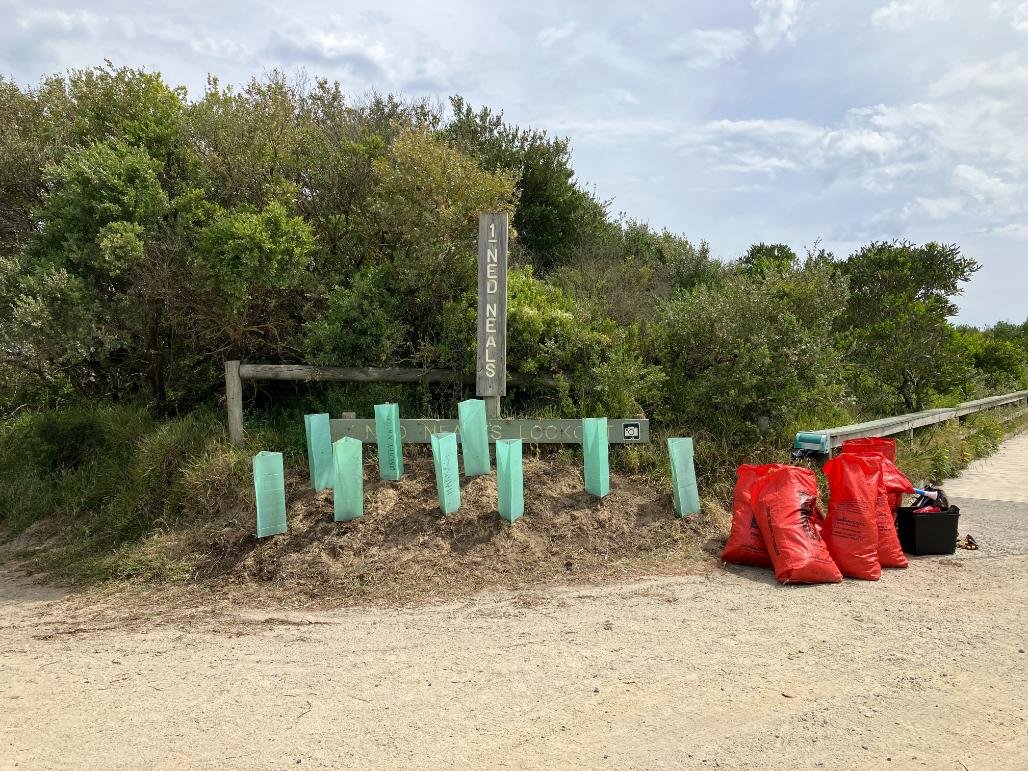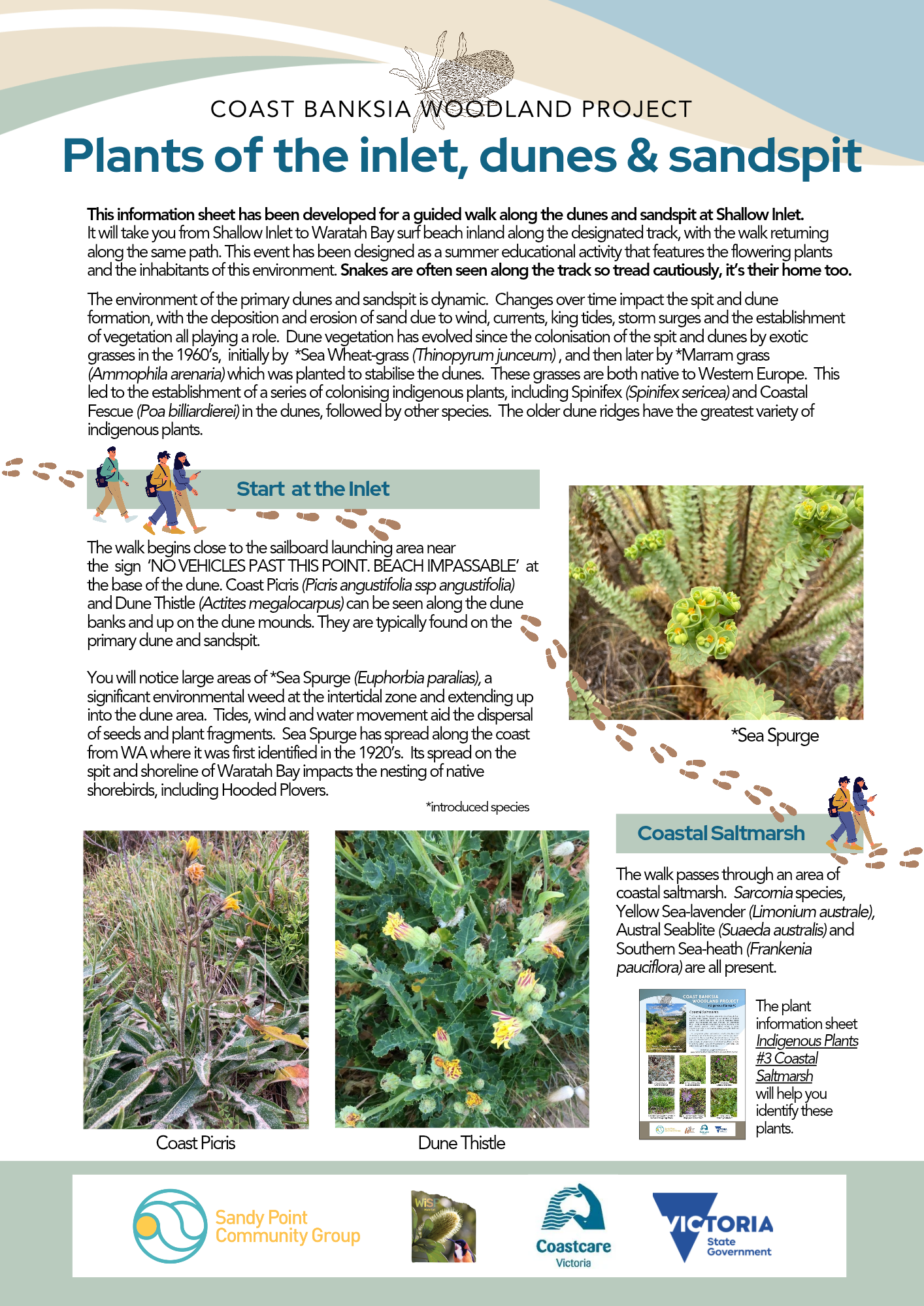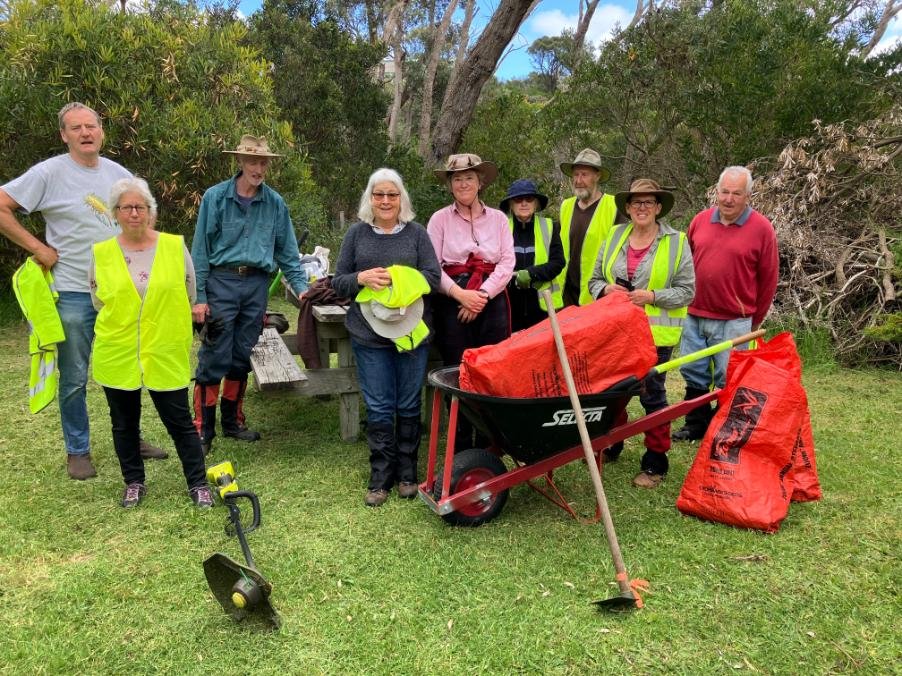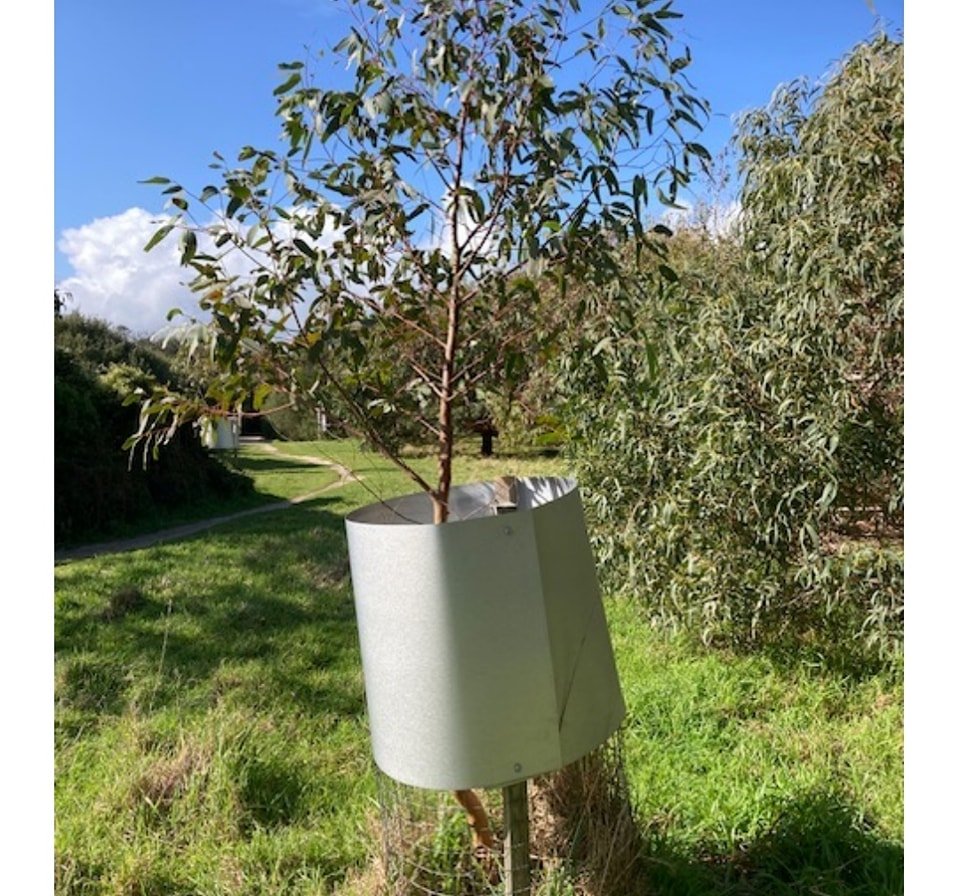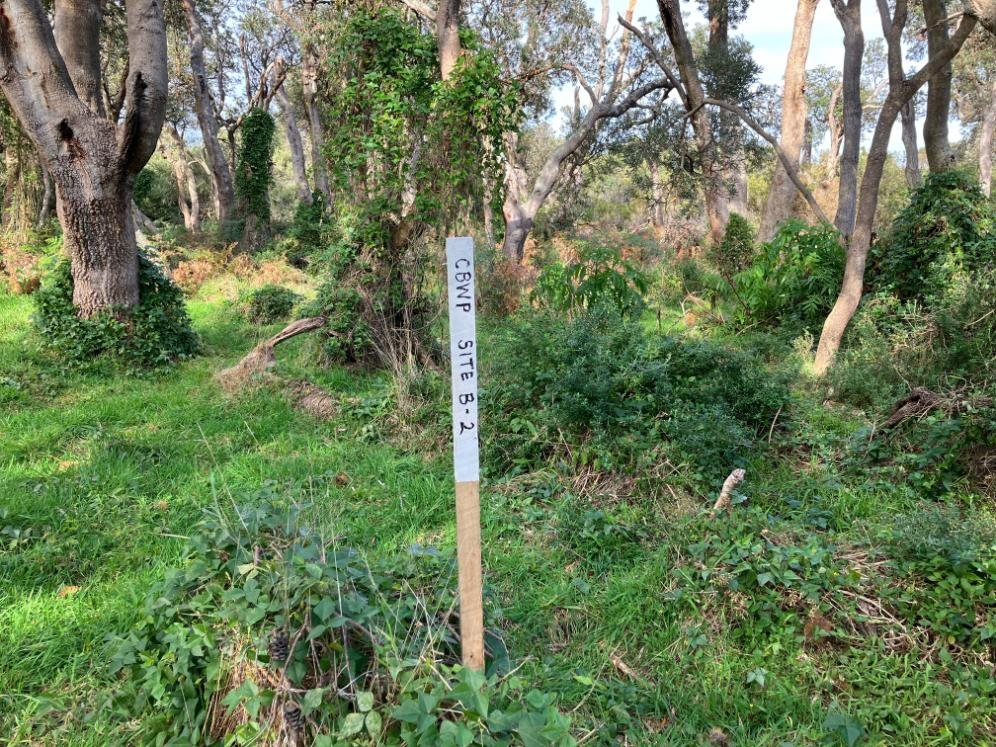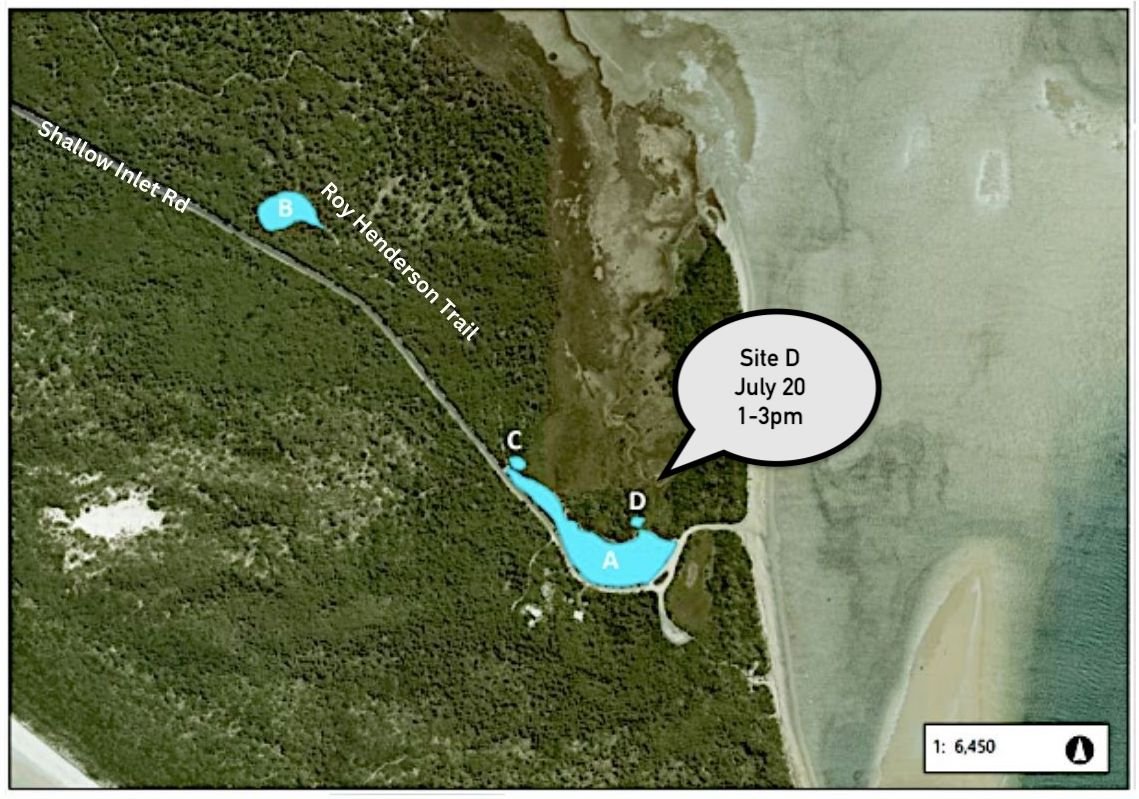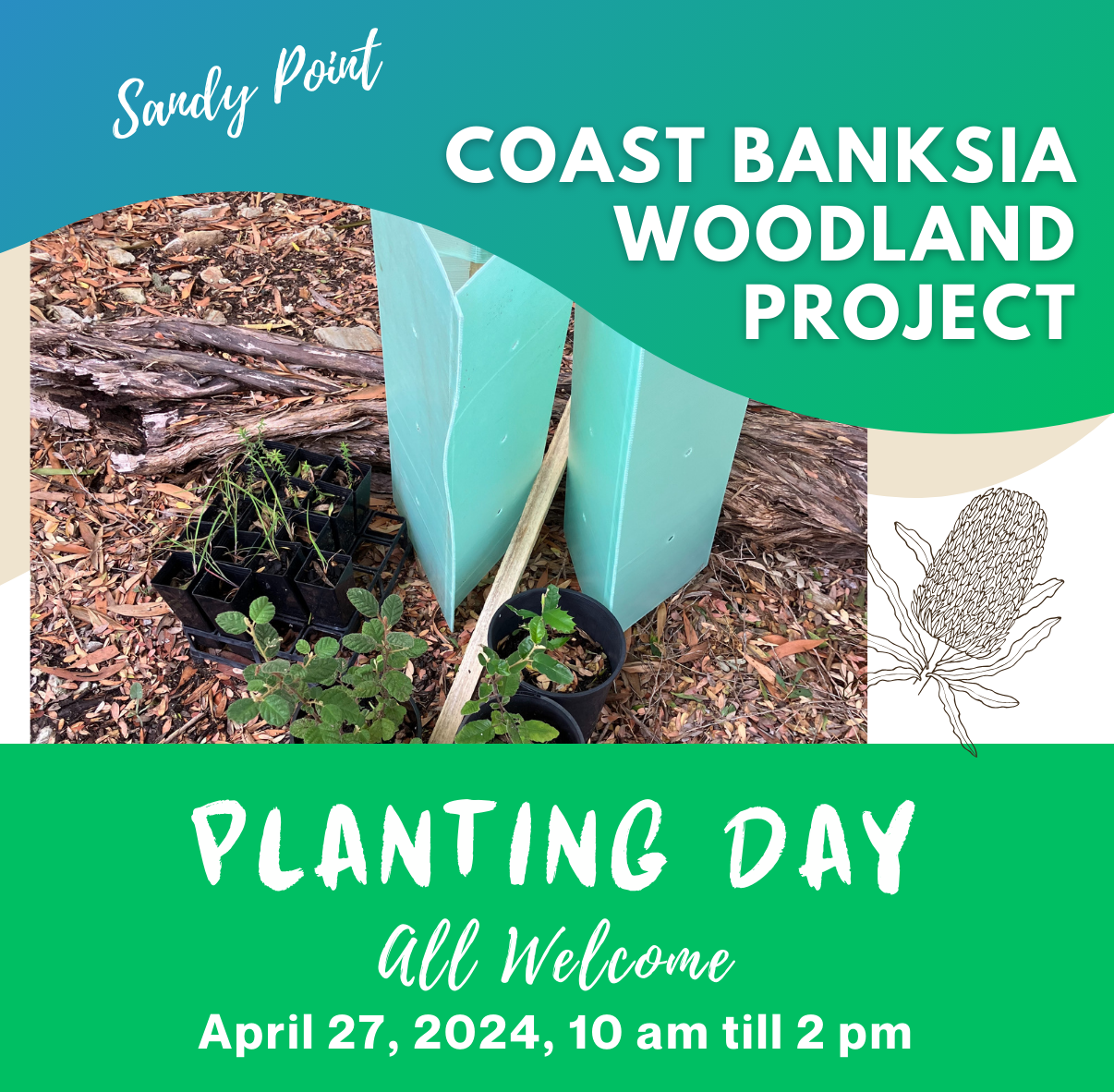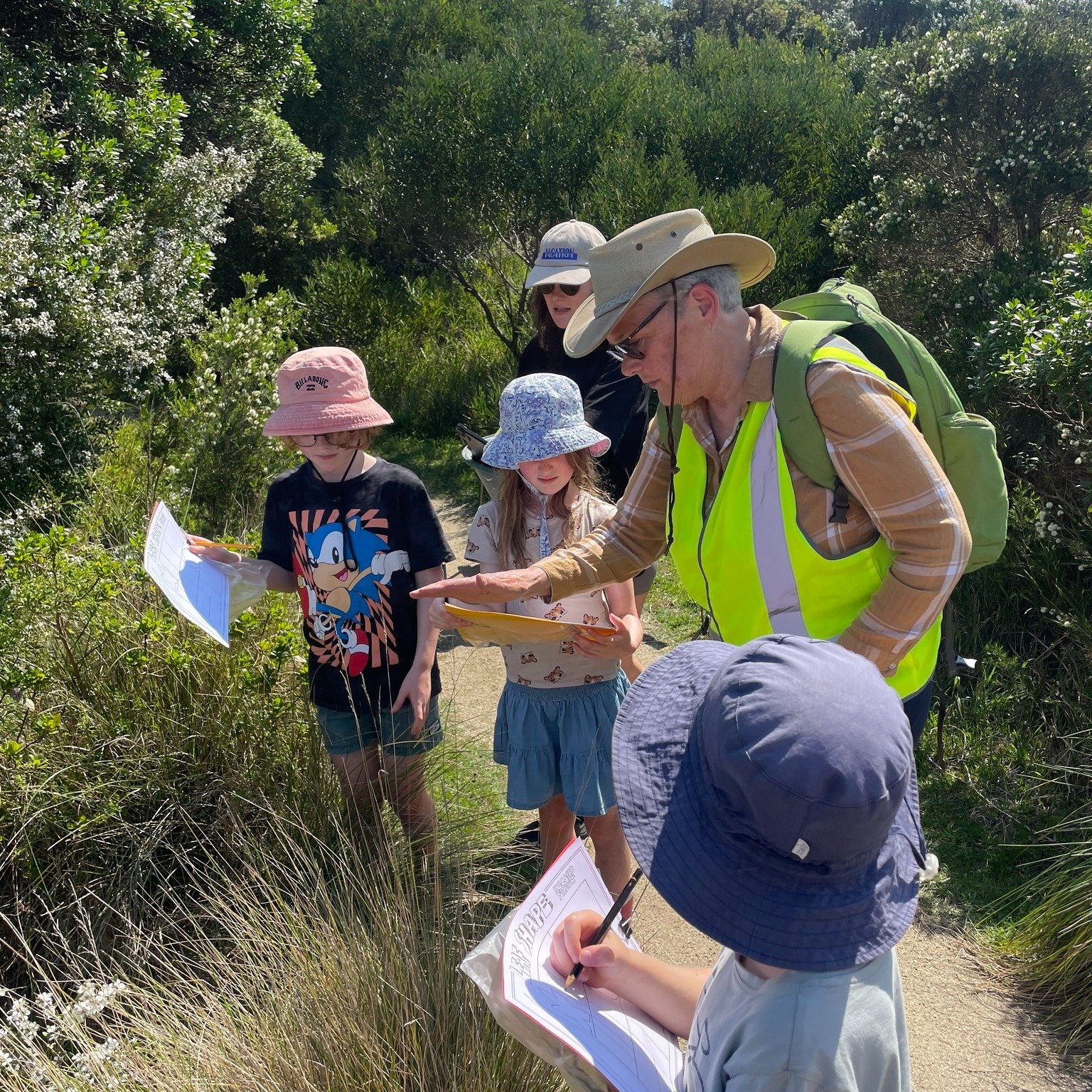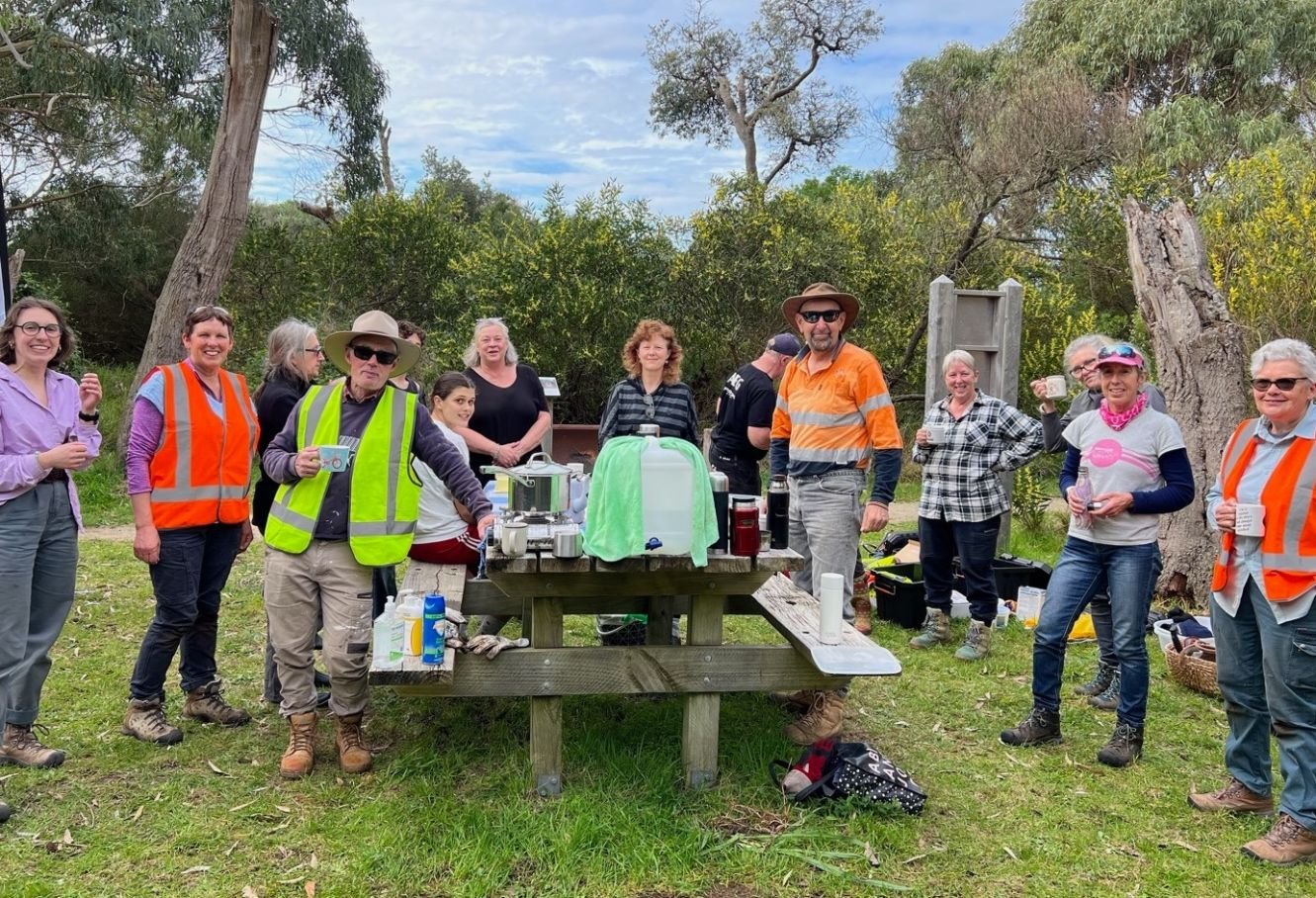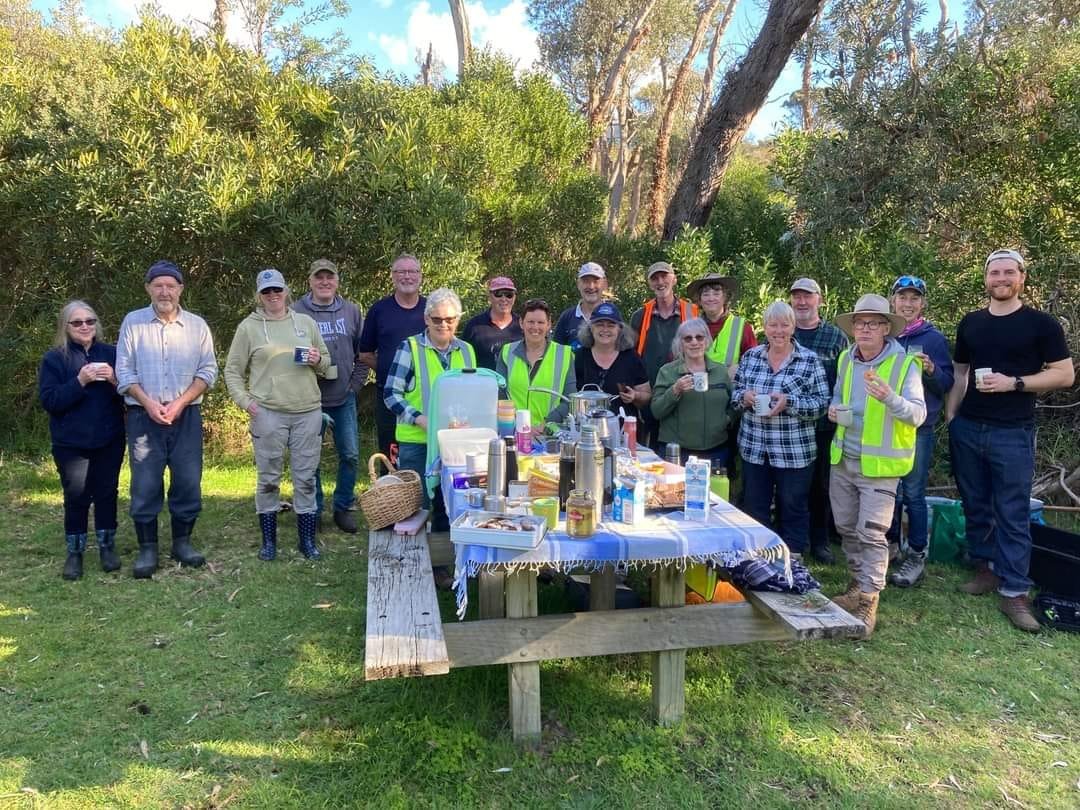Activity: Coast Banksia Woodland Project : Stage 2
School Group Weeding Activity
Wednesday 6th November at Ned Neale’s Lookout
Friday 8th November at Shallow Inlet
Year 9 students from a Melbourne school volunteered to help with the Coast Banksia Woodland Project.
On Wednesday, the students weeded Gazanias at Ned Neale’s lookout.
Gazania species are not indigenous to Australia but are from South Africa. They have been planted over many years in Sandy Point gardens as a colourful, hardy plant, flowering for much of the year. Each flower has around 60 seeds which are then spread by wind. Gazanias have spread from gardens to nature strips, beach reserves and beach access tracks where they crowd out indigenous vegetation. Plants that spread from gardens are called ‘garden escapees’.
Gazanias are also considered an environmental weed. An environmental weed is an introduced invasive plant that threatens native ecosystems. The gazanias we removed today were preventing indigenous vegetation from thriving and the grasses you planted, Knobby Club-rush (Ficinia nodosa), are a good indigenous replacement as they are already found in the coastal reserve.
On Friday, the students weeded Sea Spurge (Euphorbia paralias) at Shallow Inlet Marine and Coastal Park.
Sea Spurge is native to Europe and Siberia and has spread to Australia via tides. It is rapidly invading local beaches and dunes, and it is spreading over the sandspit and into Shallow Inlet. It is also a problem at Wilsons Promontory National Park where volunteers weed the beaches to protect the habitat of Hooded Plovers (and other shore birds) which nest in the dunes along the beaches.
The weeds removed were disposed of in our green waste bins and taken to facilities that safely process green waste into mulch.
A summer educational activity that features the flowering plants and the inhabitants of this environment.
Students from Melbourne volunteered to help with our Coast Banksia Woodland Project.
Maintenance Activity. Coast Banksia Woodland Project : Stage 2
Stage 2 : Activity 4
Manna Gum planting activity for the CBWP Stage 2.
Stage 2 : Activity 3
The third Saturday weeding activity for the Stage 2 Grant.
Stage 2 : Activity 2
The second Saturday weeding activity for the Stage 2 Grant.
Stage 2 : Activity 1
The first Saturday weeding activity for the Stage 2 Grant.
Activity 9 : Planting Day
Roy Henderson Trail.
Activity 8 : Walk and Talk. Coastal Saltmarsh.
Activity 7 : Walk and Talk. Some weeding.
Roy Henderson Trail.
Activity 6 : Walk and Talk.
Roy Henderson Trail.
Activity 5 : Weeding.
Roy Henderson Trail.
Activity 4 : Weeding.
Roy Henderson Trail.
Activity 3 : Weeding.
Roy Henderson Trail.
Activity 2 : Weeding.
Roy Henderson Trail.
Activity 1 : Weeding.
Roy Henderson Trail.
Volunteers’ Dinner.
- Posted In: Coastal Banksia Woodland Project, Habitat Group
- Tagged: Coastal Banksia Woodland Project, Stage 2, Weeding, School Group
